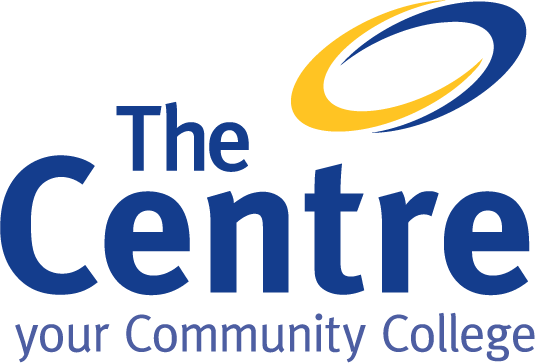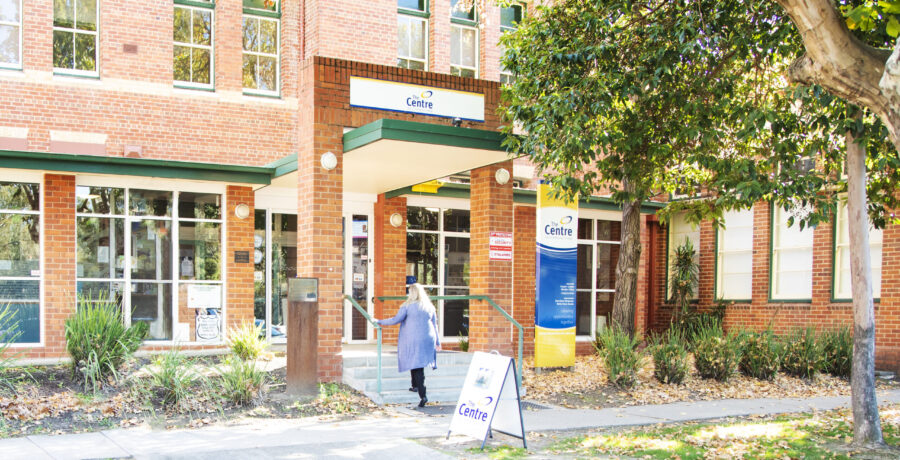The Centre recognises the unique status of Aboriginal and Torres Strait Islanders as the First Australians. First Nations peoples have over 60,000 years of continuous culture and connection to Country. We acknowledge that sovereignty of this Country was never ceded or extinguished.
We support equity and inclusion and strive for better futures by unlocking potential and empowering our community through education. We provide additional support to the vulnerable and those with significant barriers to conventional education.
We recognise the disadvantage in our First Nations communities and seek to be a part of the solution. We understand this requires an openness and willingness to do things differently, recognising that the best solutions come from the local communities in which challenges are being faced. We support local solutions to local problems and efforts to ensure local voices may be heard.
The Centre supports Reconciliation and stronger relationships between indigenous and non-indigenous peoples.
The Centre provides opportunities for personal and community growth and development through equity and inclusion. As a community educator, The Centre believes that a deeper understanding of our First Nations people is needed. This includes listening to our First Nations People and hearing their truth about the past, the present and their vision for the future.
We are grateful for the Indigenous custodianship of the lands on which we live today. We celebrate with our First Nations Peoples and this Country which means so much to all of us. We acknowledge and honour the deep and enduring spiritual connection our First National People have to the land, waters and culture of this County and support ways in which this connection can be maintained and strengthened for all Indigenous Australians.
2023 Referendum
The Centre recognises that at the time of writing, 2023, Australians are being asked to vote in a referendum to recognise Aboriginal and Torres Strait Islanders as the first Australians, and to establish an indigenous voice to the Australian Parliament, bringing together local, regional and State-based voices.
We acknowledge that passions run deep amongst some people of differing views on these two questions. In our role as a community-based educator – one committed to inclusion and opportunity for all in our community– we urge all members of the community to educate themselves fully on the issues involved, and to discuss and debate with each other in a fair-minded way, directing their attention to the specific issues and questions themselves – not on personalities, political parties or other emotive distractions.
In our view there is a need for all Australians to focus on what they consider is the right and fair thing to do. In our view there is an equal need to consider the consequences of a national yes vote, or a national no vote, and how each could leave our country placed on the ongoing road toward reconciliation between indigenous and non-indigenous people in Australia.
Information sources
It is clear at the time of writing that many people may not have formed their final view. In helping to inform yourself more fully, some useful sources of information include the following:
A reading of the Uluru Statement from the Heart –
Uluru Statement from the Heart – YouTube
Australian Electoral Commission website –
Referendum 2023 – Your official referendum booklet (aec.gov.au)
RMIT – ABC Fact Check article on the official published Yes and No cases –
Voice, Partnership, Empowerment Explained –
Voice Partnership & Empowerment – explained (aflip.in)
The Uluru Statement (Statement from the Heart) –
–View The Statement – Uluru Statement from the Heart
FNP Voice Paper – The Australia National University –
FNP Voice Paper – Responses to Common Concerns_First Nations Portfolio ANU_2.pdf
The Australian Institute –
SBS News – Key Arguments –
Voice to Parliament: Here are the key arguments for the Yes and No campaigns | SBS News
Please note there are many other sources of information and commentary, and you should feel free to explore these for yourself. But we note the varying quality of information sources and urge readers to take account of the different biases involved – which in some cases can be quite distracting and go well beyond the two clear questions being asked.
In the end, you are being asked to vote yes or no to two specific questions – no more, no less. In this, we must all, ultimately, be guided by what is in our own hearts and minds.

